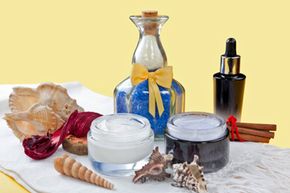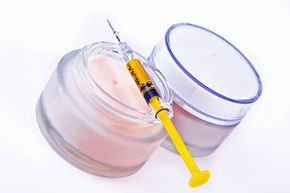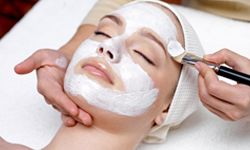Creams and lotions have long been the go-to treatment for facial care. We slather moisturizer on our delicate facial skin every morning with the promise that hydration will help ward off those pesky signs of aging. The only issue is few of the ingredients in creams and lotions are light enough to penetrate our delicate facial skin, so most of them stay sitting on the outermost layer. This is where serums come in. Anti-wrinkle serums are more liquid than solid and therefore are able to penetrate multiple layers of skin more quickly and easily. The major benefits of serums are that they offer the most lightweight formula and give the most intensive results.
Breakthroughs in ingredients have allowed manufacturers to create concentrated liquid plant derivatives that are more effective in combating aging skin compared with many creams on the market. And they tend to be milder, presumably because of a lack of filler ingredients that many creams have, so they're more appropriate for aging and sensitive skin. Be sure to keep in mind, though, that these are products where a little hype can go a long way, so be sure to put on your "buyers beware" cap when sifting through your options.
Advertisement


